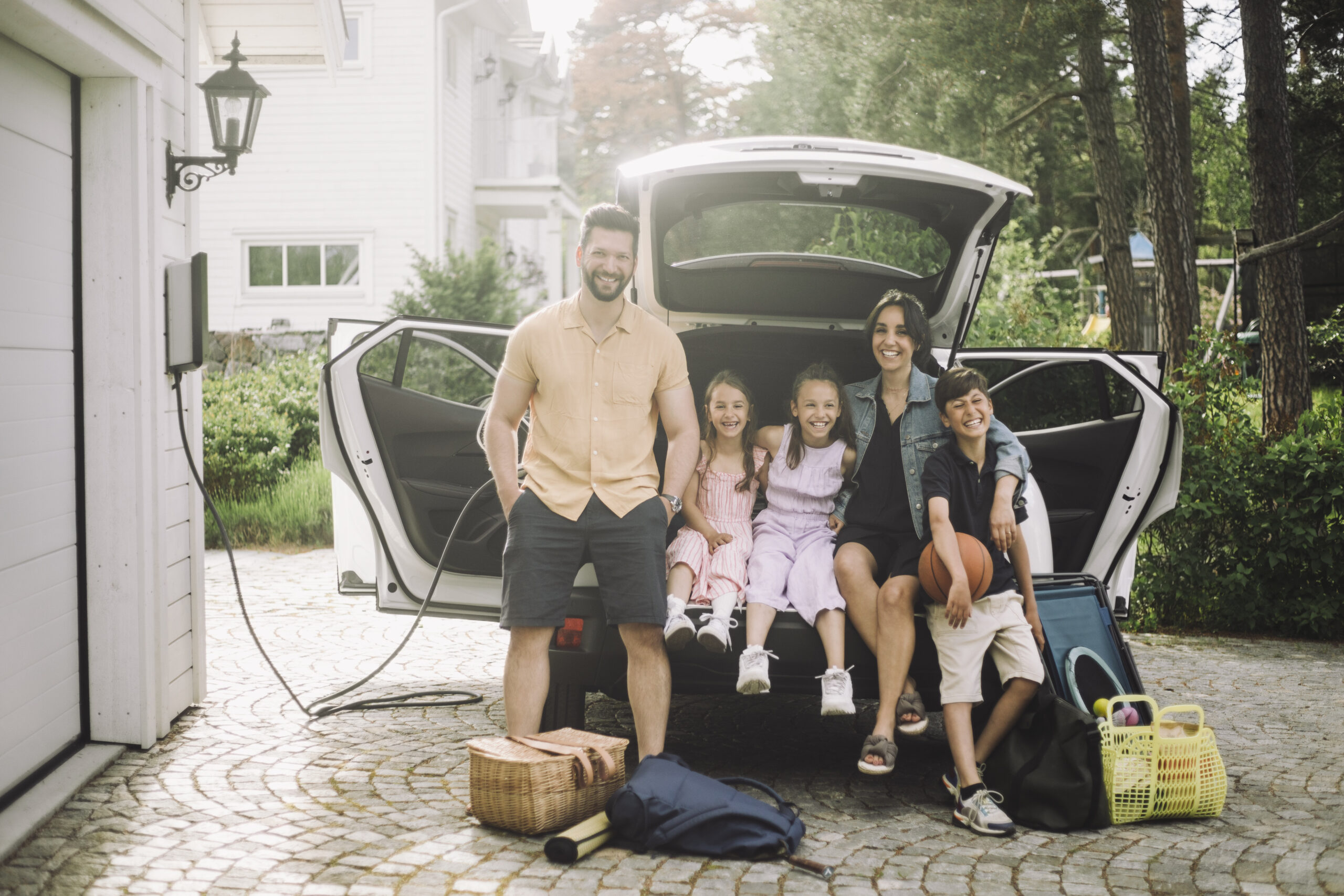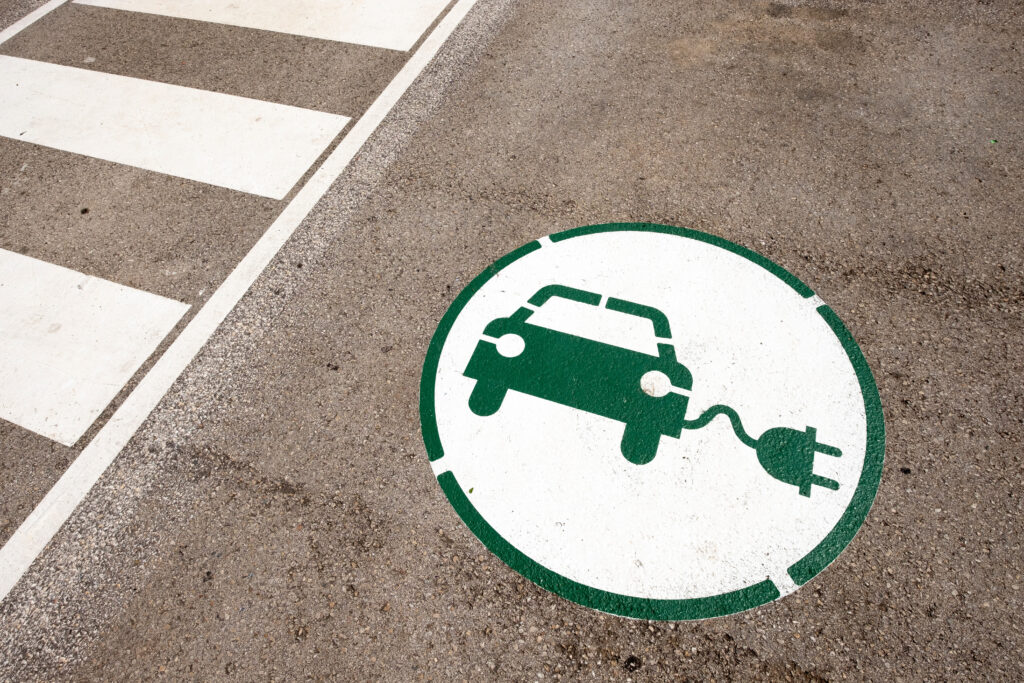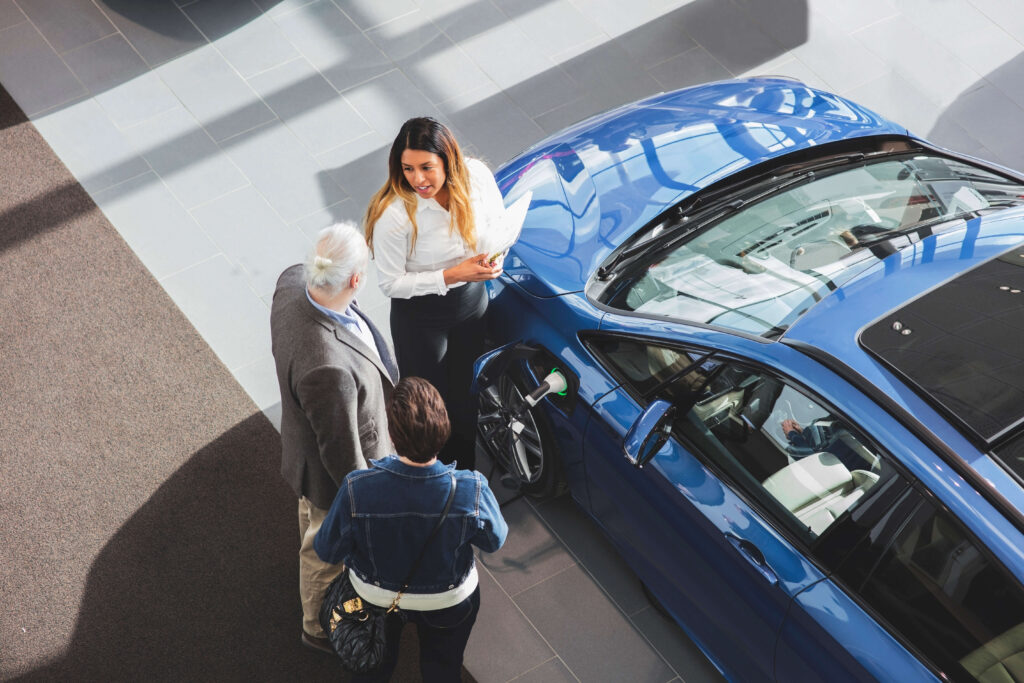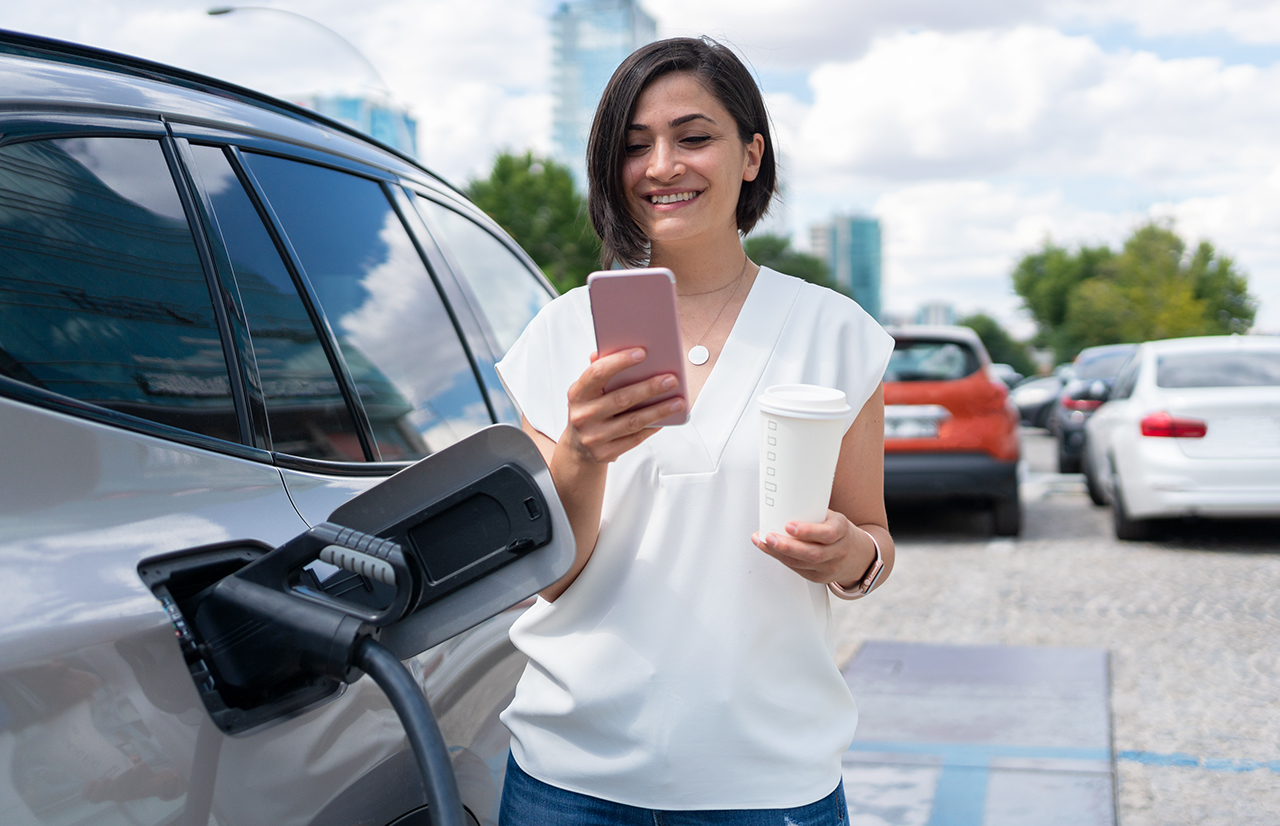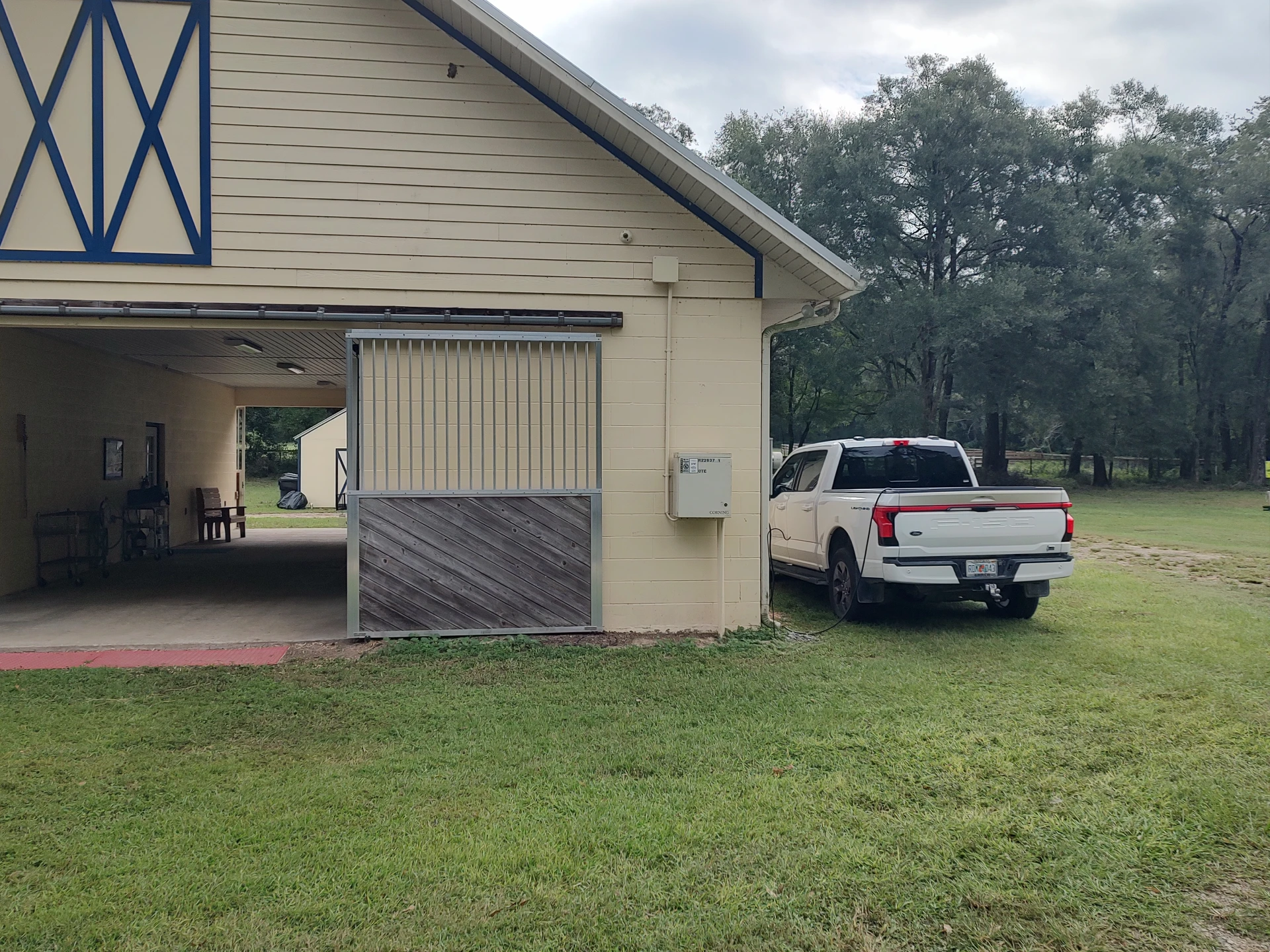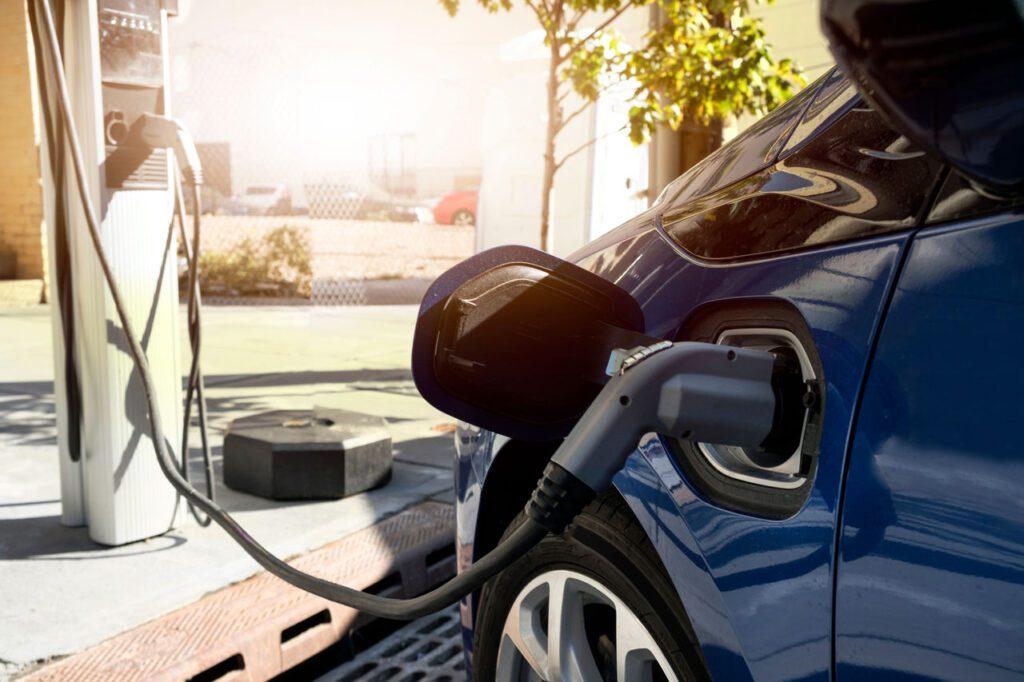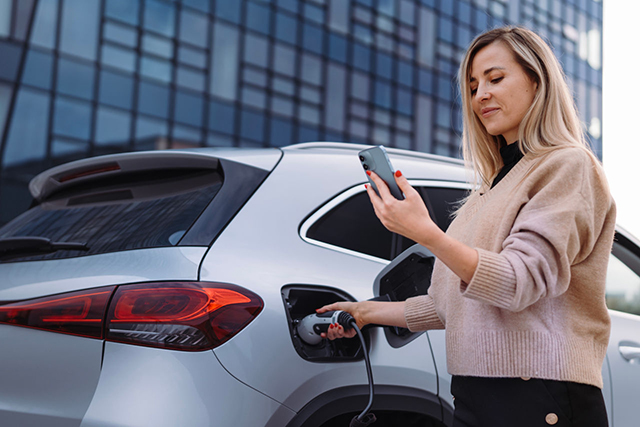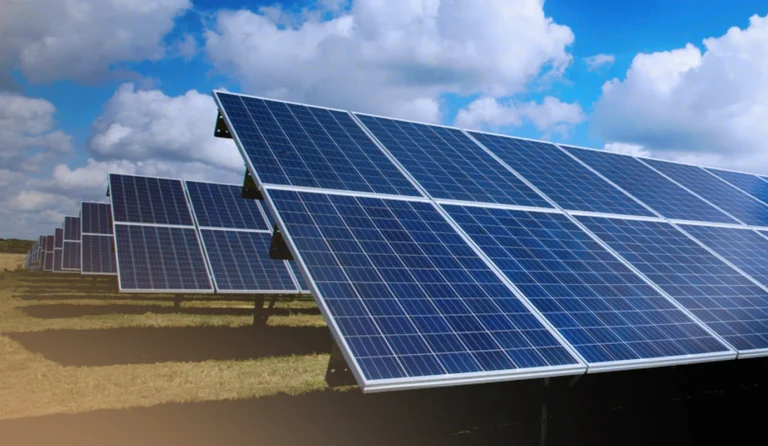
Sometimes it takes a village to generate solar power.
Community solar farms are cropping up around the country. Households can connect to these fields of solar panels, giving them access to enough energy to power their homes and charge their electric cars.
Participants pay a subscription to the solar farm based on the amount of electricity they use, which in turn earns them credit toward their electric bill. The power is then exported to the electrical grid and distributed by the local utility company.
Emily Walker, director of content and insights at EnergySage, a company that matches people interested in using alternative energy sources with providers, explained how community solar farms work, how they can save people money and how to encourage their growth.
What are the biggest advantages to signing up with community solar? Are there any disadvantages?
AAA members can save up to 20% or more on solar when you shop with EnergySage. Compare quotes from top-rated installers and maximize your solar savings with EnergySage's free marketplace.
Will you be able to access enough energy to supply your home and a home charger for an EV?
What are some things people should know before considering connecting?
Walker: Before connecting, understand that you’ll likely receive two separate bills — one from your utility company and one from your community solar provider. You should also check cancellation terms and applicable fees, verify if you can transfer your subscription when moving and determine if there are credit score requirements, as some providers require minimum credit scores. Also, note that project locations and expected launch dates vary, which affects when you’ll start seeing savings. Many projects need to reach a certain baseline of subscribers before construction begins.
Are there tax incentives for a homeowner to join a solar community? How about companies starting them?
How do you find a community solar project?
If there are none in your area, how can you get one started? Do you first approach a local utility company?
Walker: First, check if your state has legislation enabling community solar farms. Non-regulated or municipal utilities may develop their own programs in states without such legislation, so contacting local utilities about potential projects is a good next step. Different ownership models exist, including utility-owned, third-party developer models, or special purpose entities where community members form an LLC. You can also reach out to your state officials to encourage legislation to enable community solar.
If you live in a state that enables community solar, but there are no projects available in your region, it’s worth contacting your local officials to encourage development in your community.
Why have utility companies been slow to adopt this?
AAA members can receive access to a dedicated EnergySage Energy Advisor and save between 20% to 30% on the total cost of a solar system compared to the market rate. Learn More.
AAA’s Recommendation: Whether you own an electric vehicle or a gas-powered car is up to you – and you should consider lots of factors in making that choice. No matter what type of vehicle you’re choosing, we recommend visiting a dealership, test driving one, and asking as many questions as possible to make an informed decision.
